for all men, I alone plumb
the depths of misery.
The sadness resides, it seems,
not in autumn but in me.
----------------------
That is poem 185 of the Kokin Wakashu (The Anthology of New and Old Poems), a 10th century classic of Japanese poetry (which you can read in Engish translation h-h-h-h-here)! The first few sections of the collection are organized by season, with a vague 'narrative' of familiar seasonal events, such as the arrival of certain birds, or the blooming of certain flowers, to give it a sense of direction.
Pervading the collection is a sense of 物の哀れ - mono no aware, which roughly translates as the 'pathos of things' but refers to the tragic beauty in the fact that all things fade. In the Japanese cultural psyche, this feeling is strongly linked with spring cherry blossoms and autumn leaves, which are ssen as all the more beautiful for their brevity. It's a phrase that is loaded with both Orientalist and Nihonjinron connotations, in the case of the former exemplifying how different the Japanese are to other nations, and to how effeminate, pre-modern they are, in the case of the latter proving how different the Japanese are to other nations, and to how much more sensitive, aesthetically refined they are. Few practicing Japanologists would use the phrase without heavy doses of irony or self-awareness (My literature teacher responded to a friend using the term regarding a Japanese film by drawing his fingers into a gun and shooting himself) but it's definitely apparent in everything from the canonical texts of modern Japanese literature to comedy coming-of-age anime/ It's an aspect of Japanese culture I find very attractive, as a person who can feel nostalgia for events as they're unfolding, or even experience nostalgia in anticipation of events that haven't yet happened. But anyway, this is pre-ample, the starting poem is especially, gloriously miserable, and here are some photos of Kyoto being pretty.
I accidentally cycled into a temple and found this sunset.
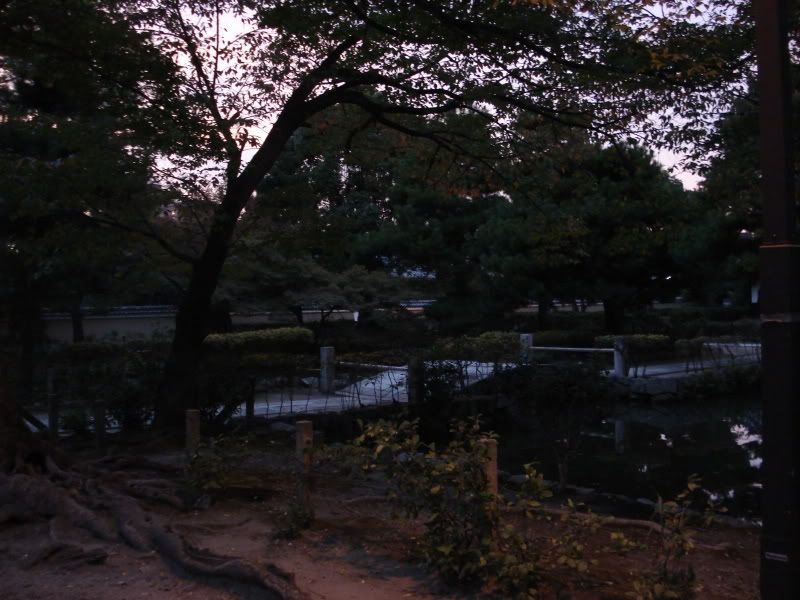
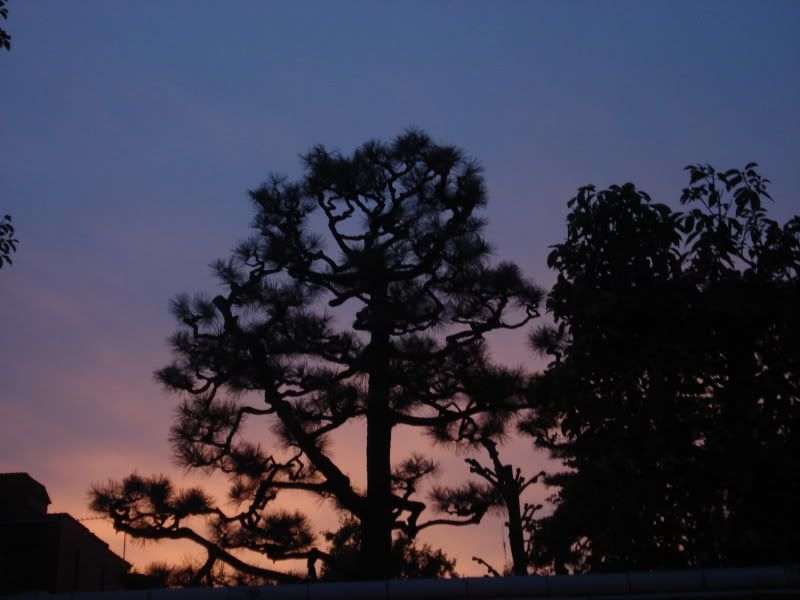
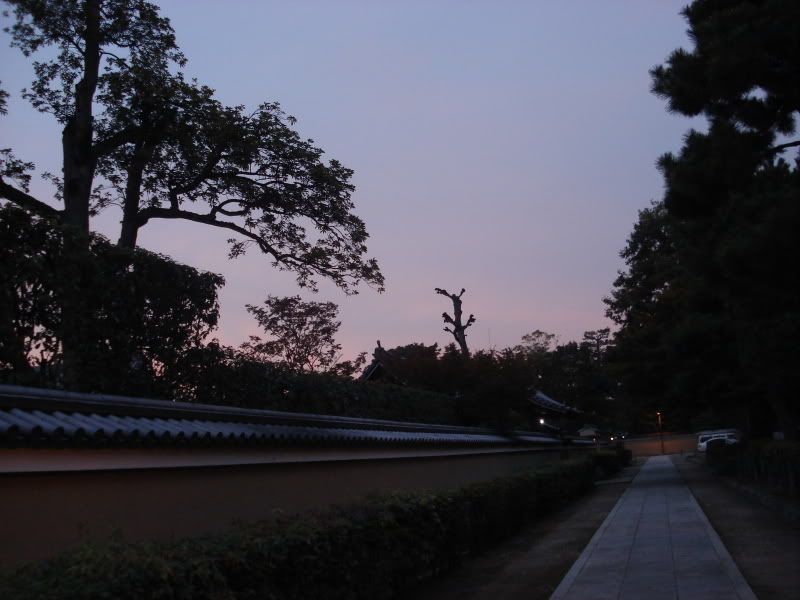
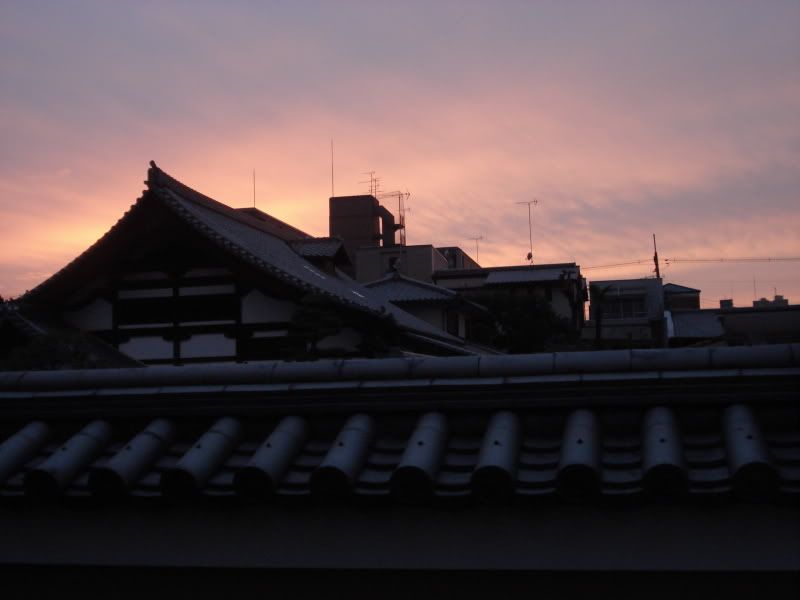
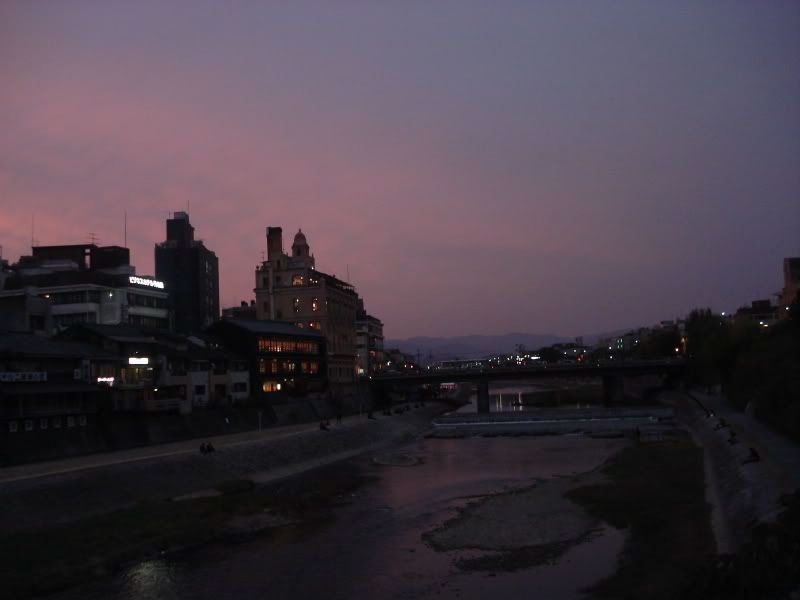
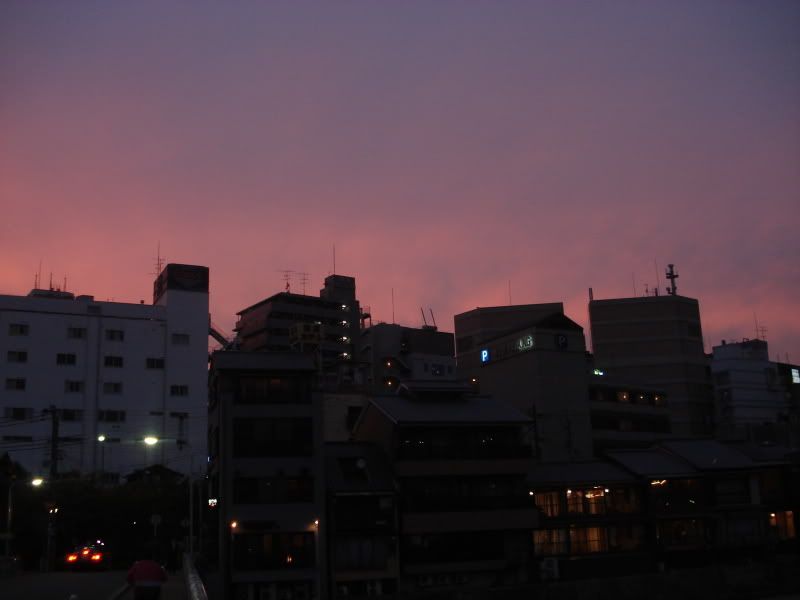
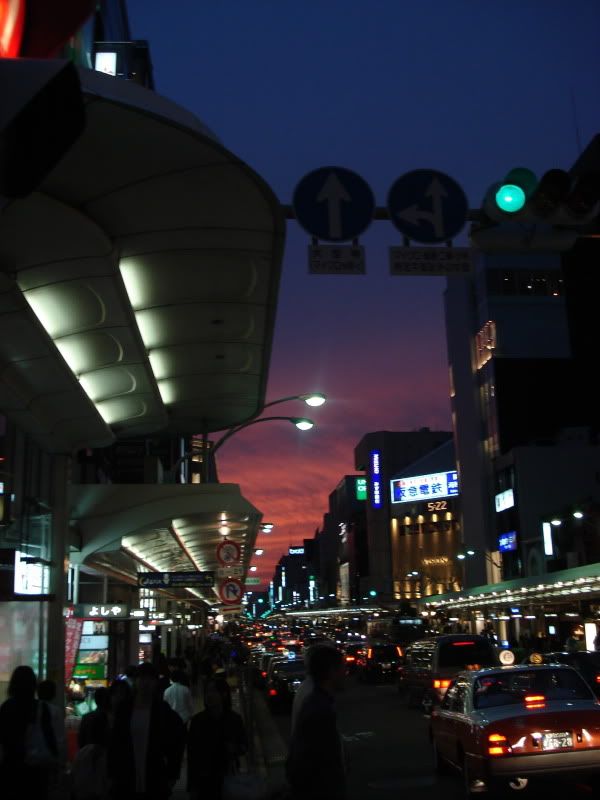
View from the first train after a night out in Osaka.
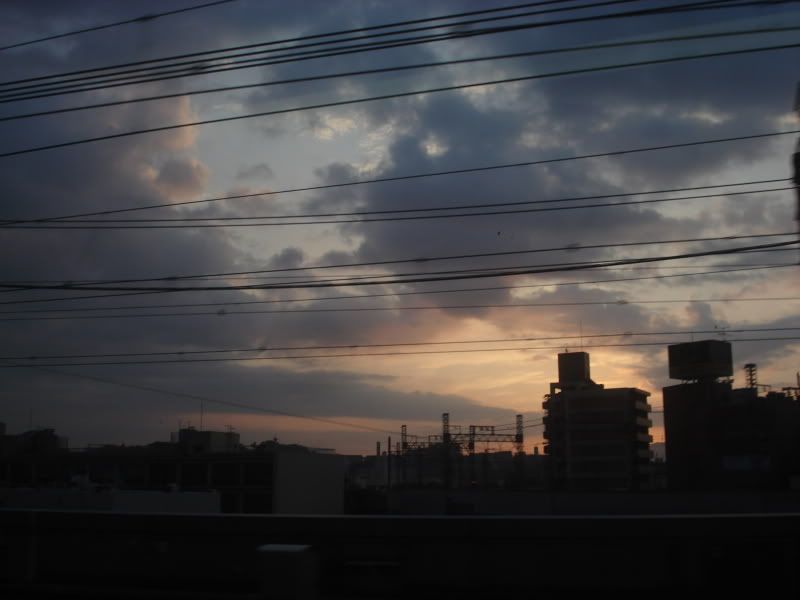
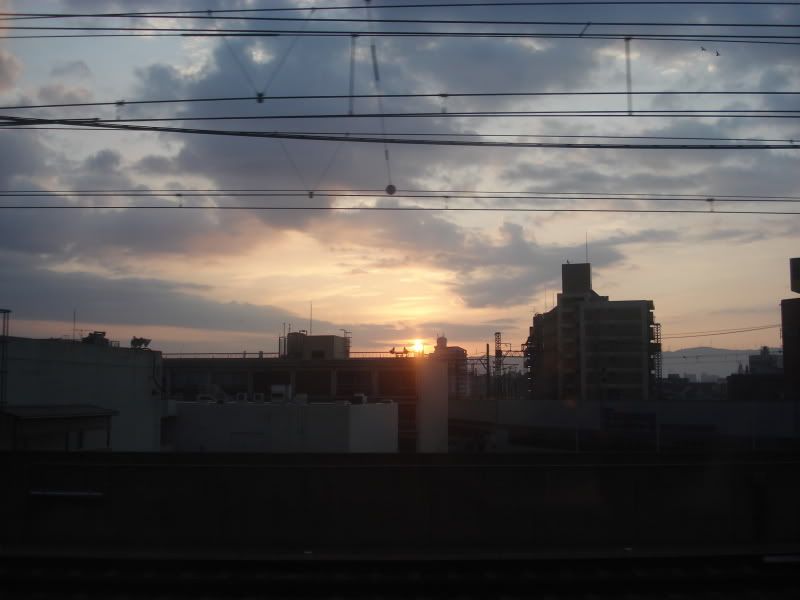
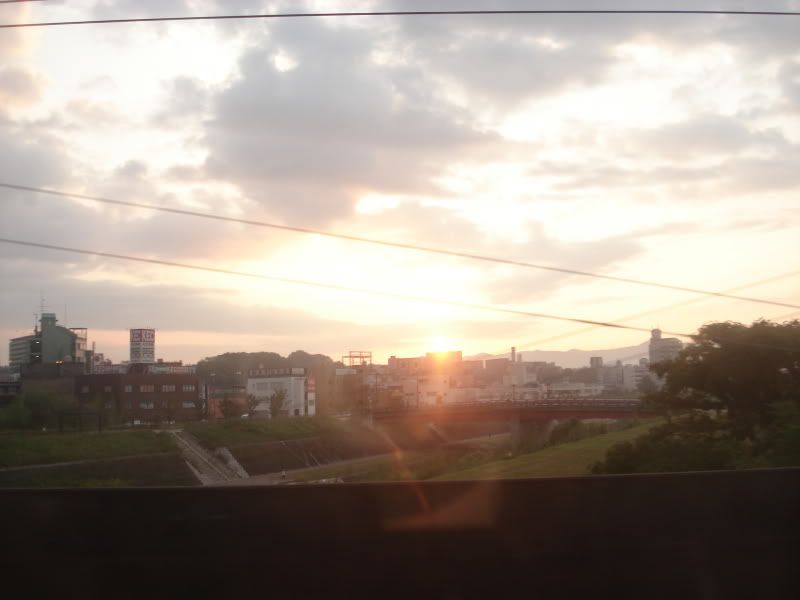
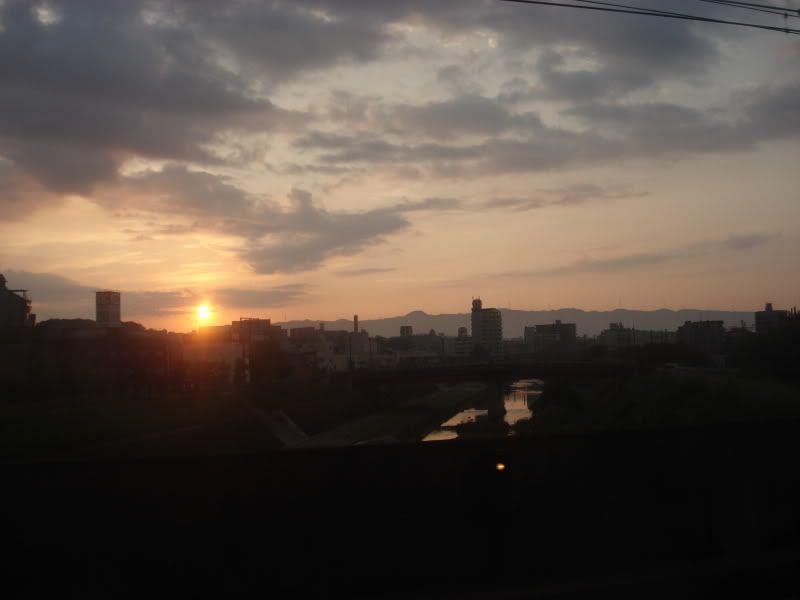
紅葉 - Momiji, Autumn leaves, on an amazing day out to the Kyoto Botanical Garden.
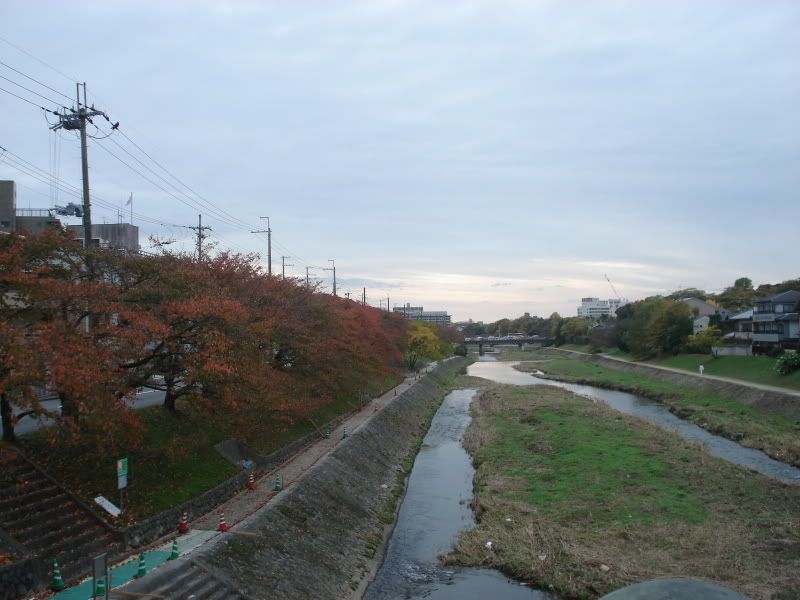
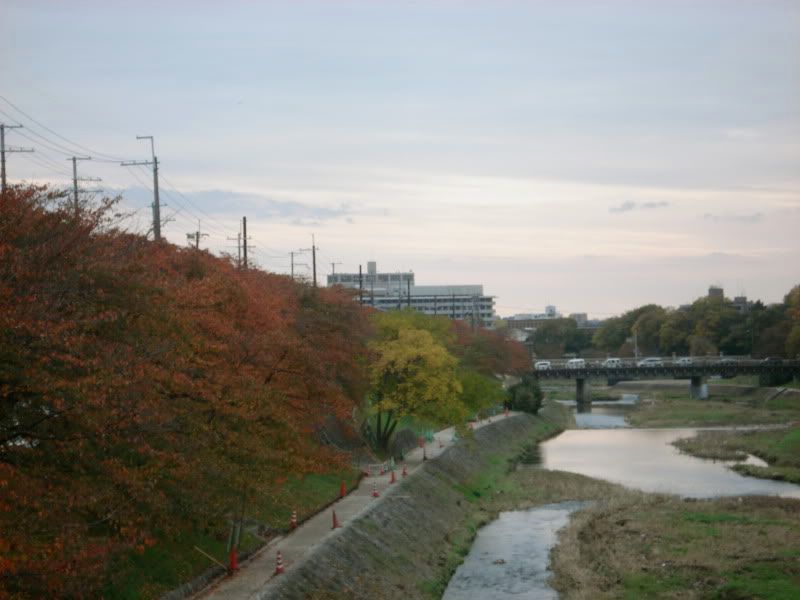
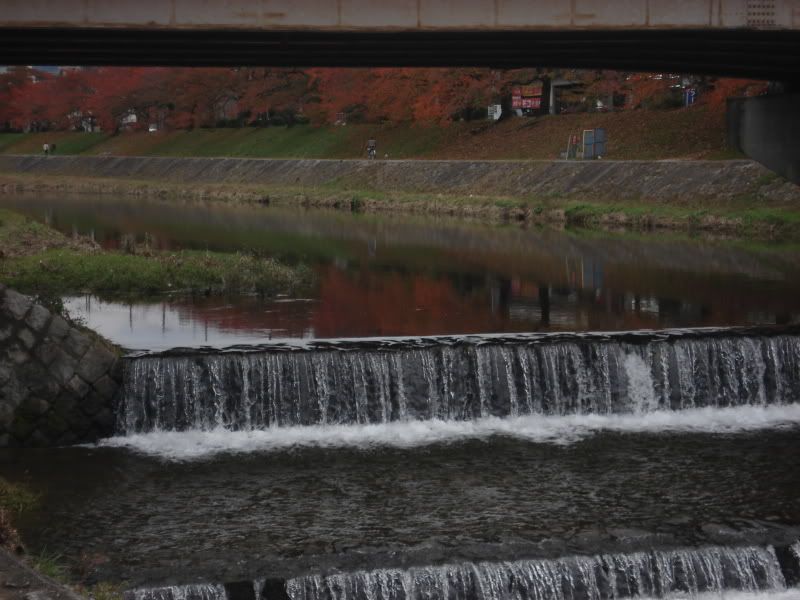
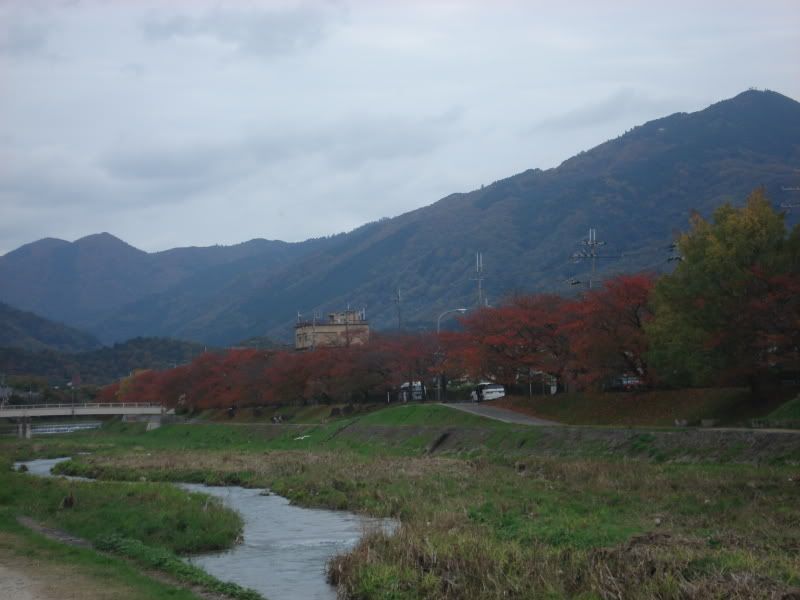
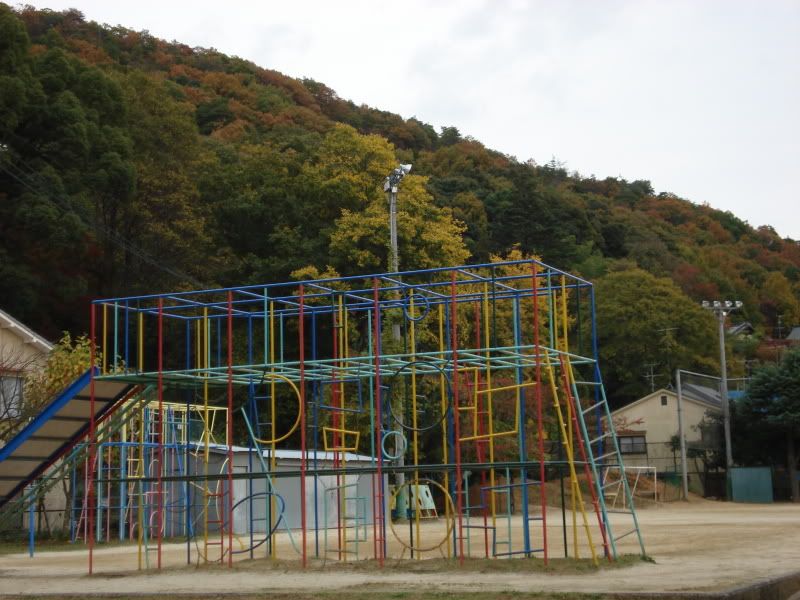
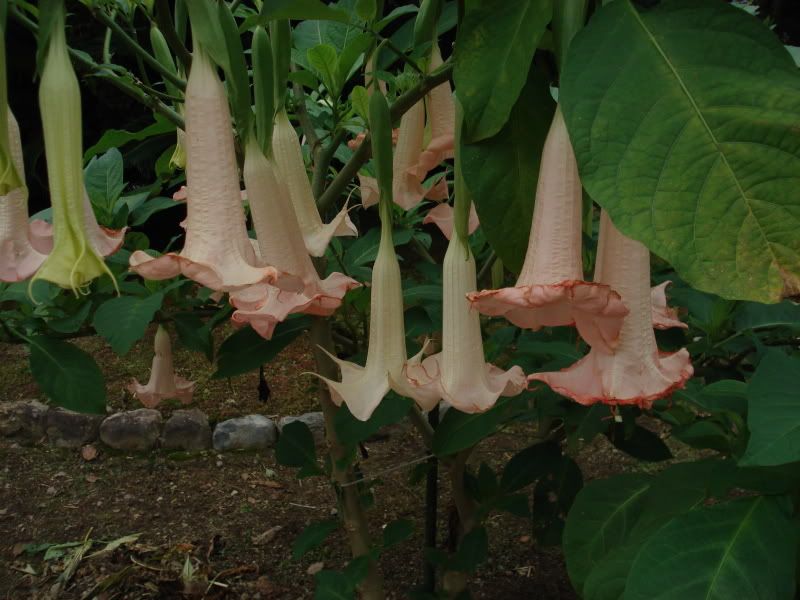
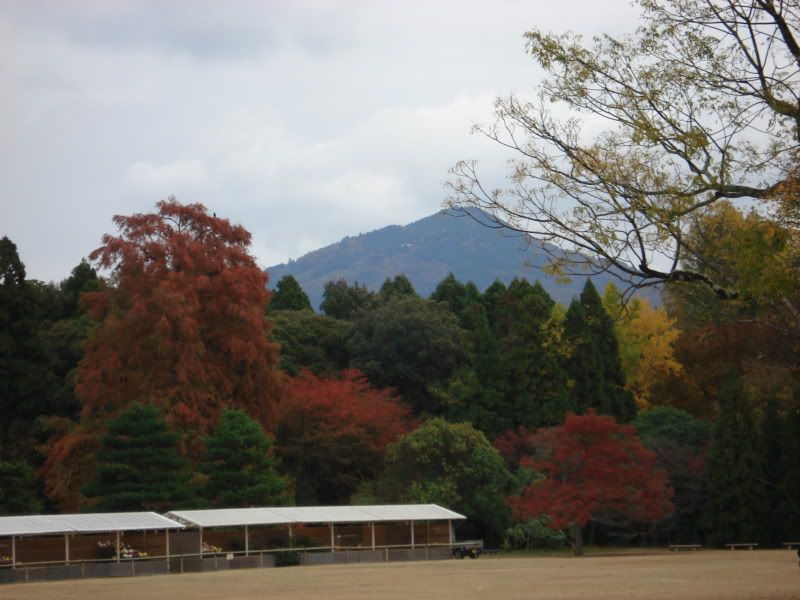
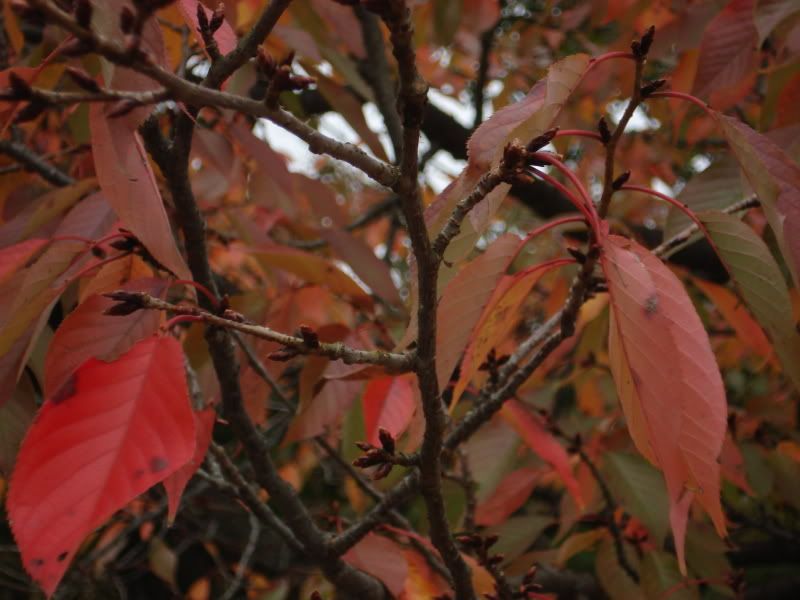
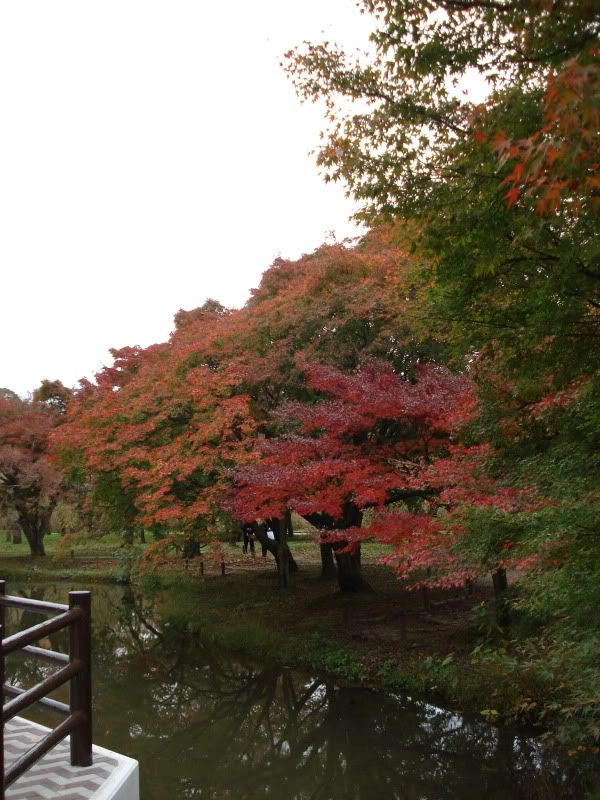
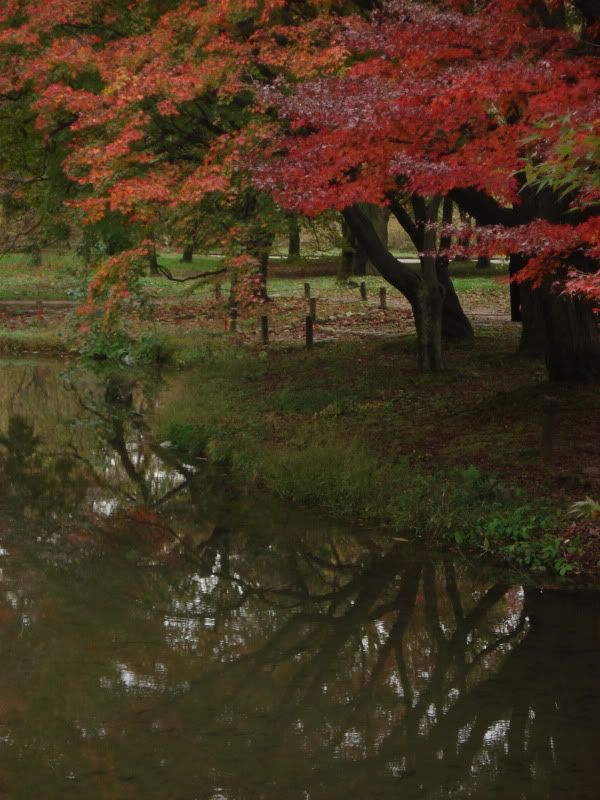
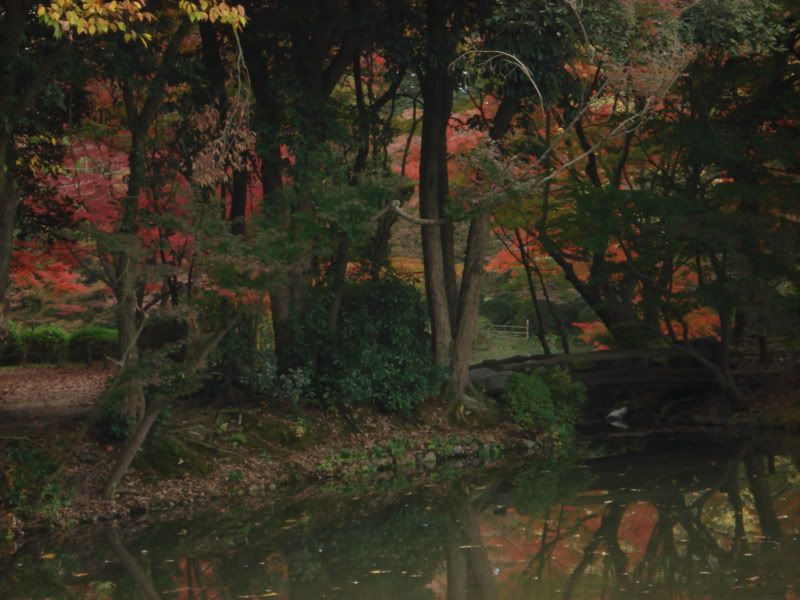
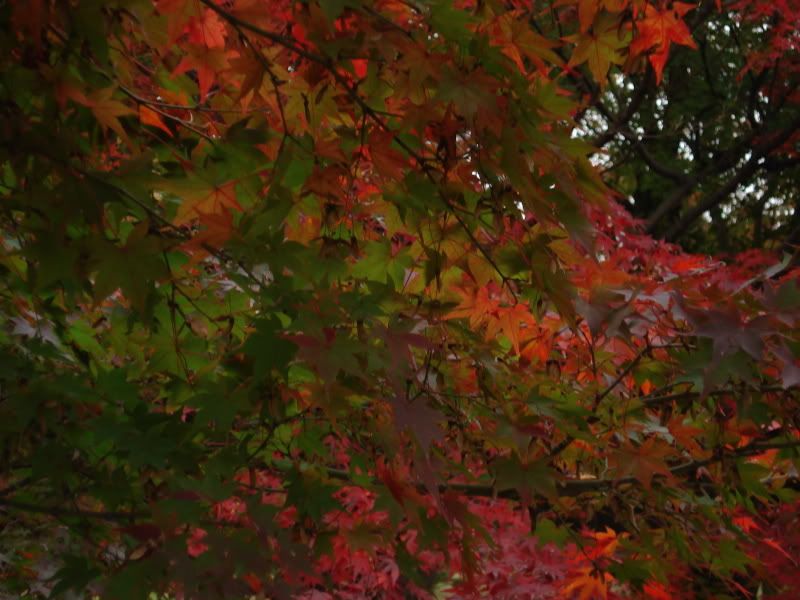
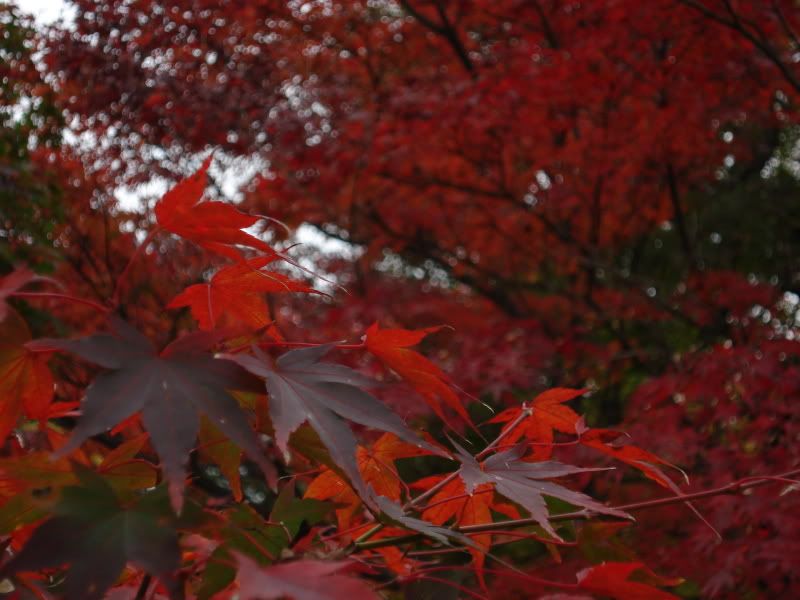
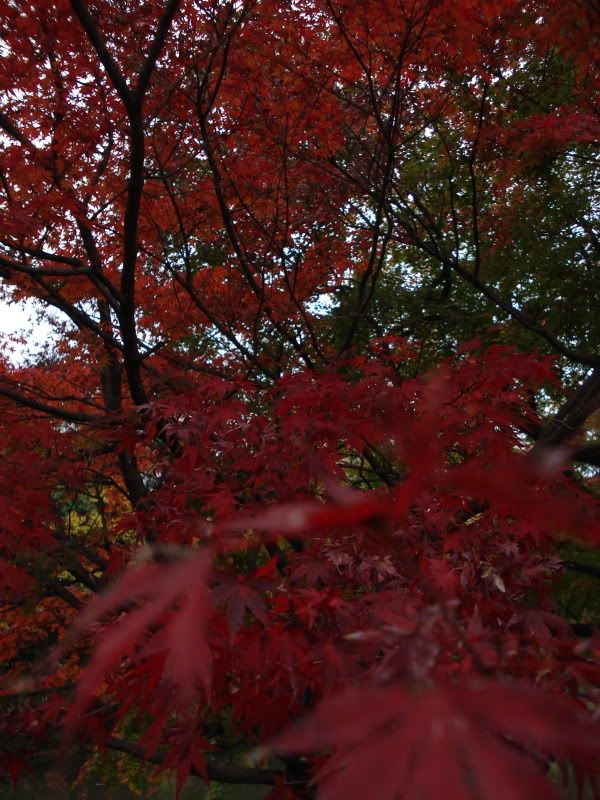
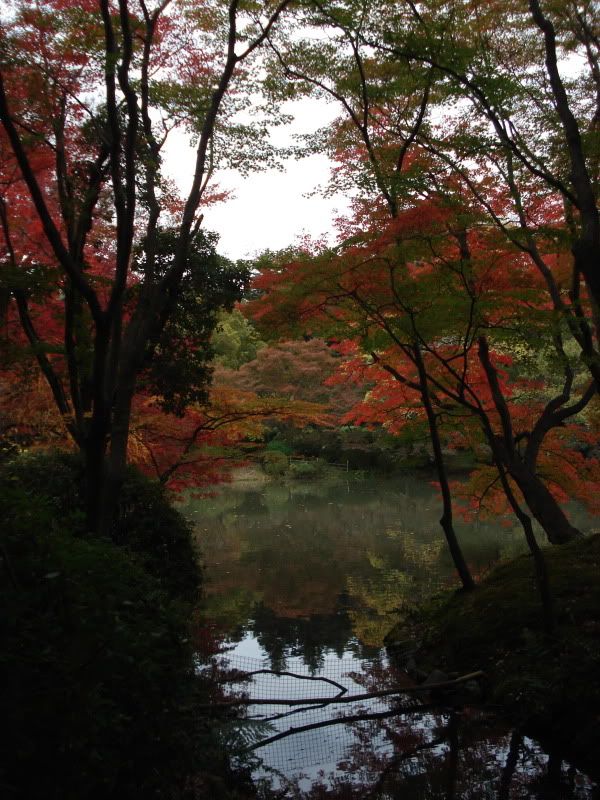
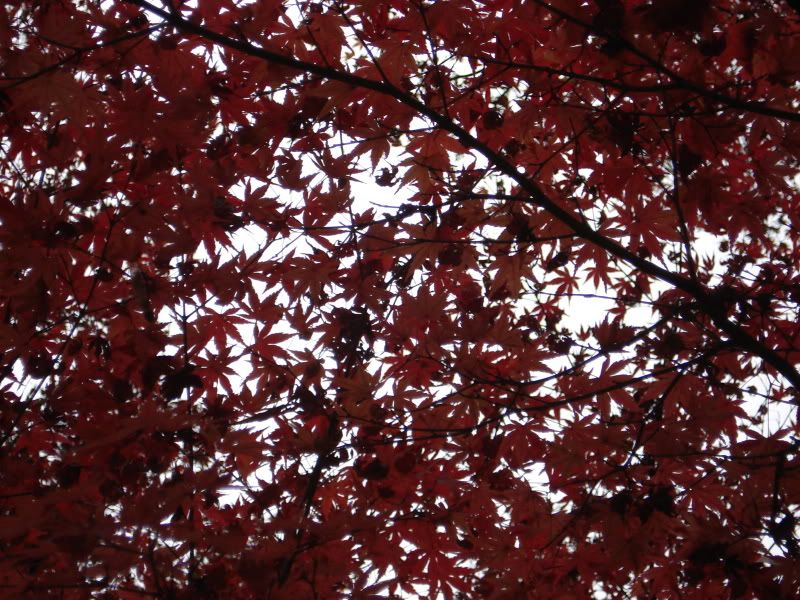
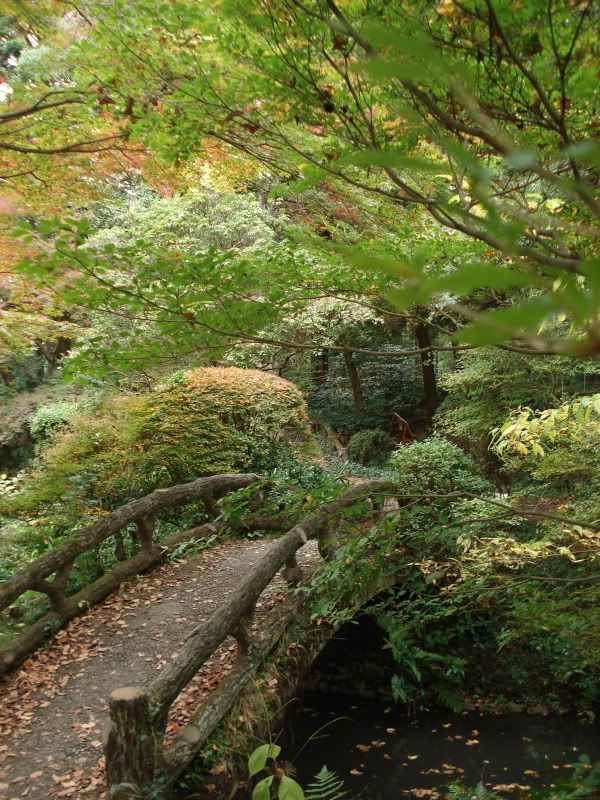
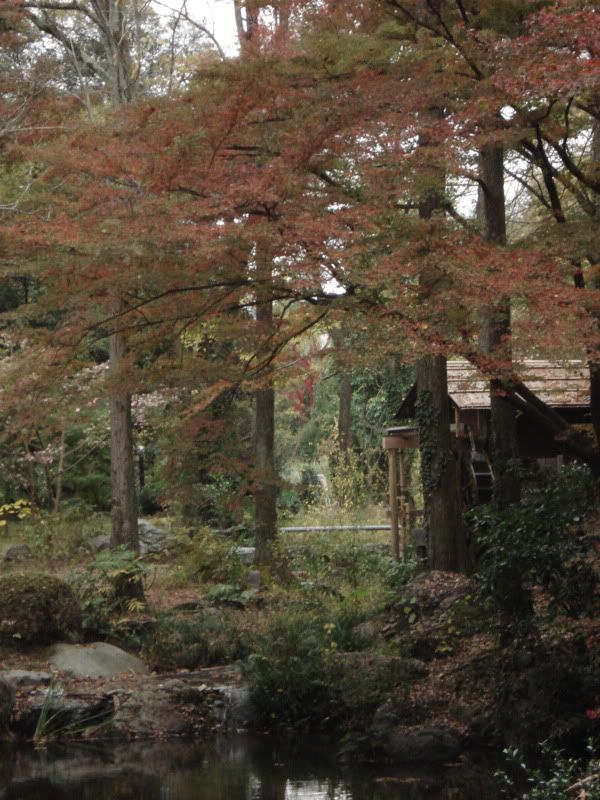

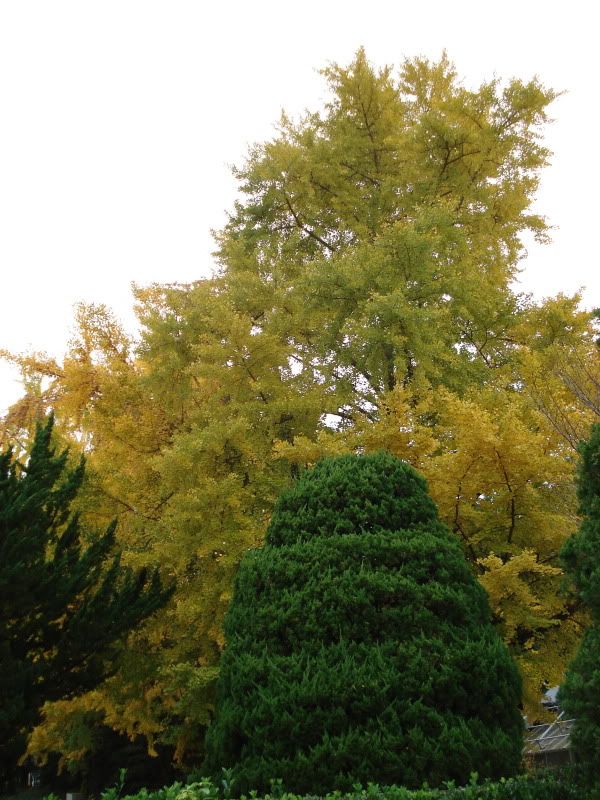
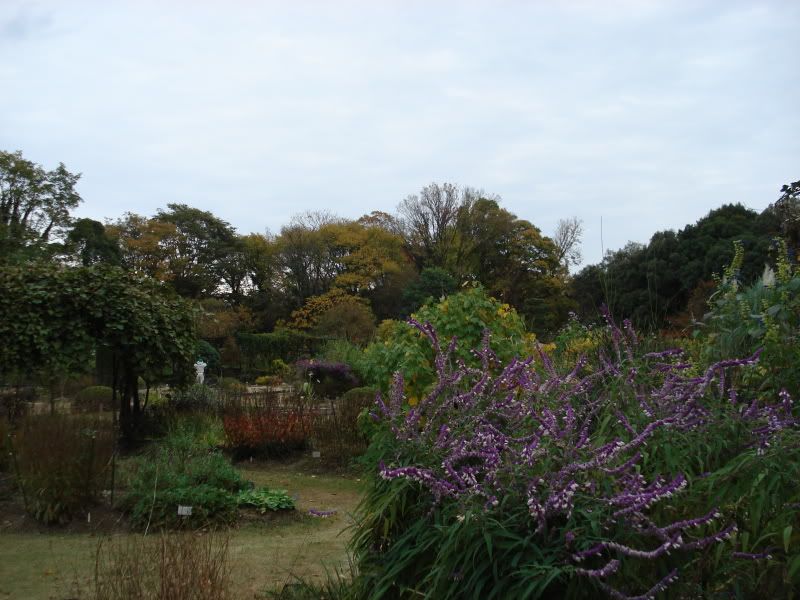
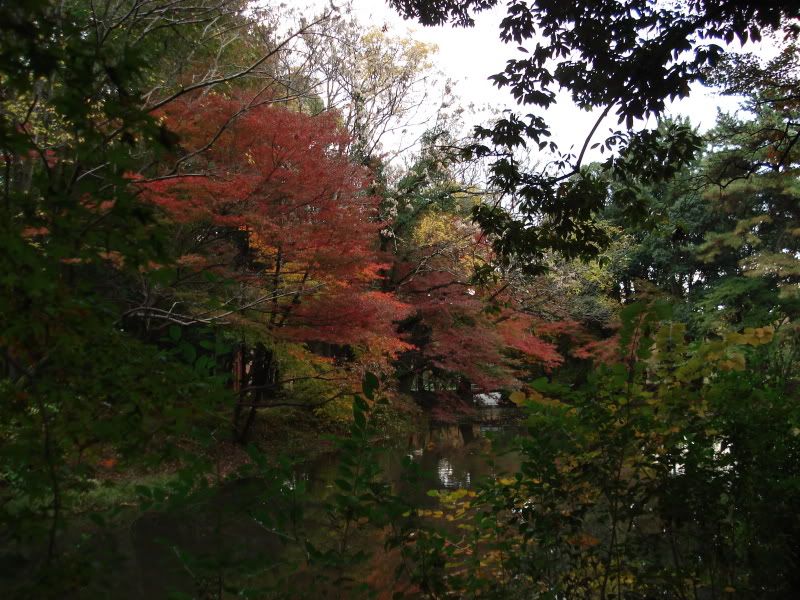
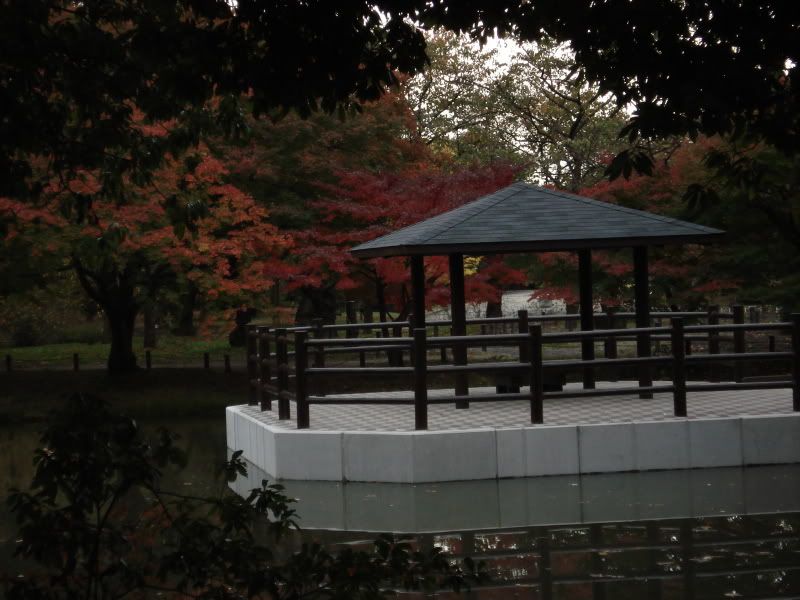
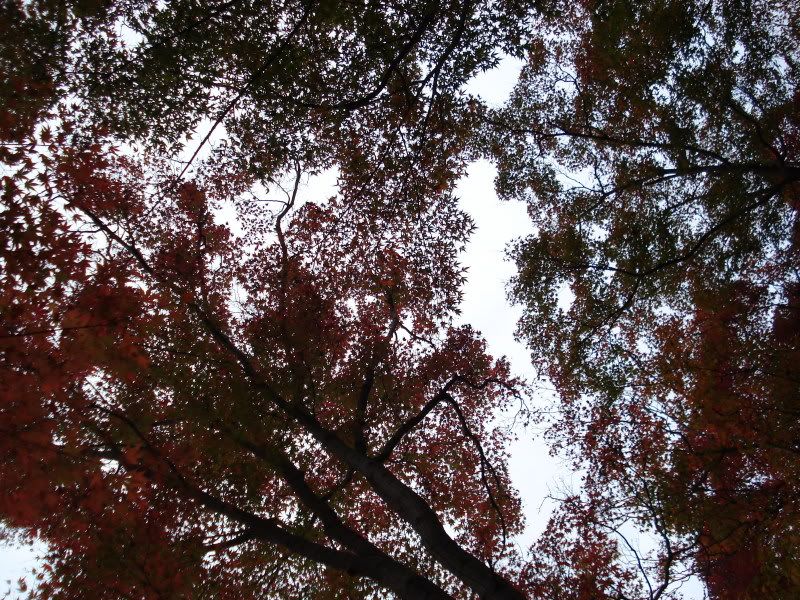
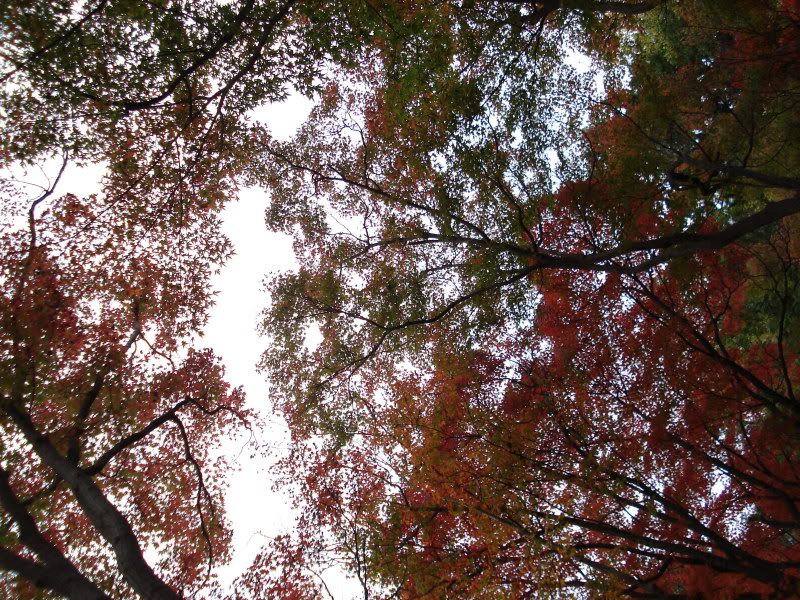
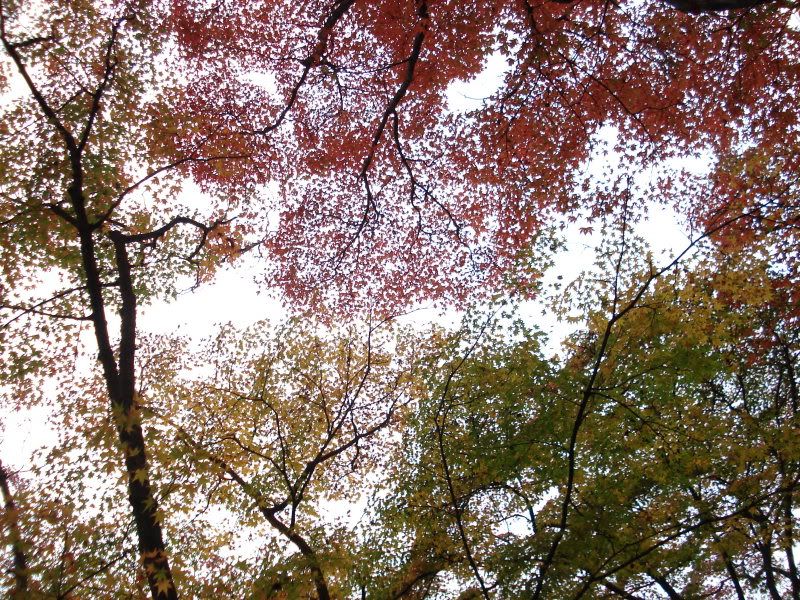
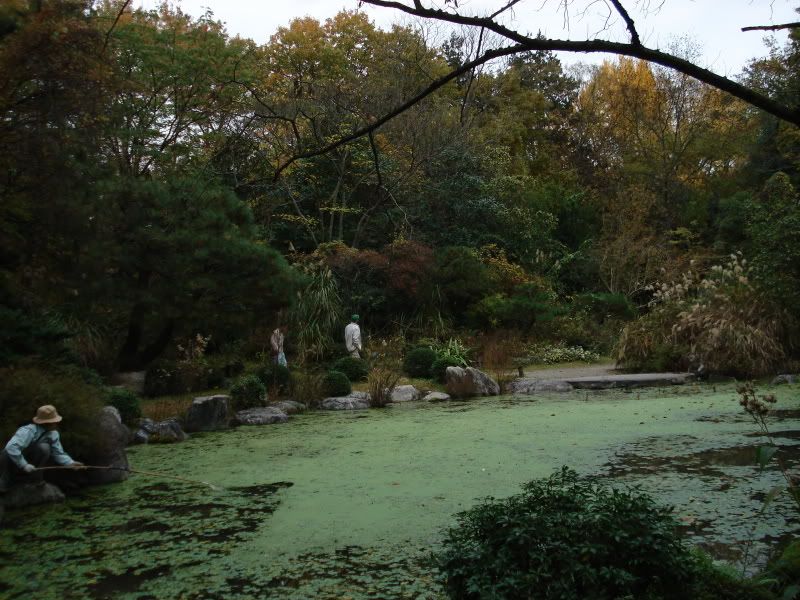
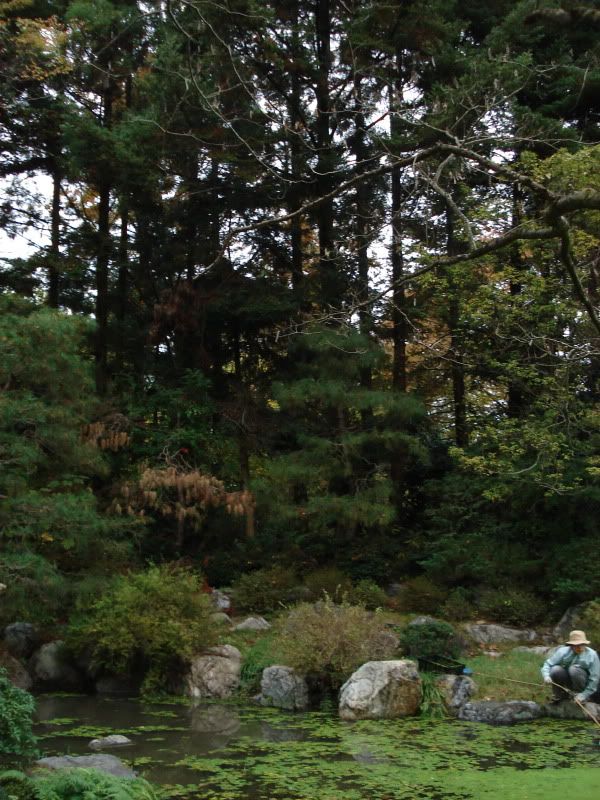
What am I like?
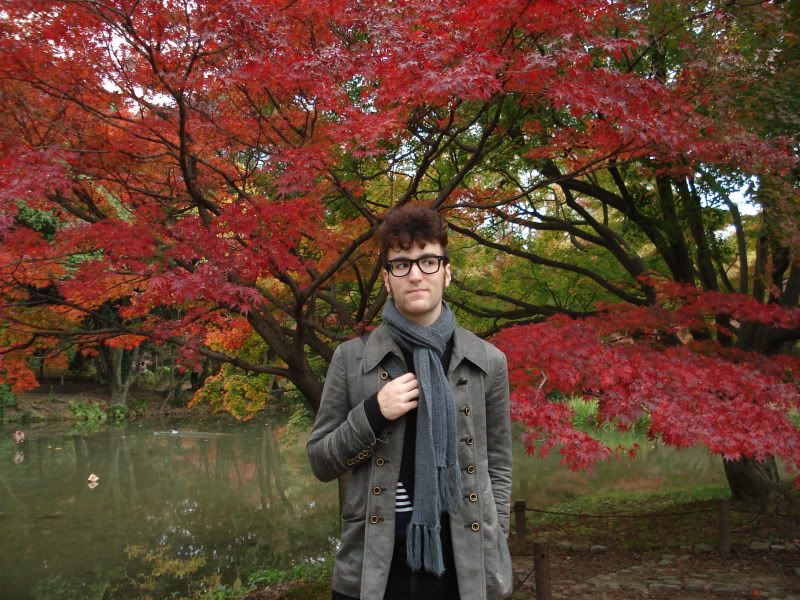
Enjoy! But also cry a bit, and then you too can be mono no aware.
xxx

nice poem at the start, I can't really find myself connecting with much of it though. Maybe they work well all together in a book, I dunno. What stuff you reading at the moment? Mostly just 10th century Japs? Anything you think would be more up my alley? x
ReplyDeleteTBH the poems are so based on the Japanese language that I'd find it difficult to recommend them in English. A lot of the fun is seeing how they work in the original language, as they're full of really clever word play and sentences turning inside out and words referring to two different sentences at once and the like. And a lot of the emotion is overwrought Japanese princes crying about how a girl doesn't like him, or how nice the snow looks :D
ReplyDeleteAt the moment I'm slowly slogging through Orientalism by Edward Said! It is well good, and pretty important to read as an Orientalist, but for most people the introduction is all you really need to get to understand the point, as the rest of the book is just examples from history of how the West has looked at Islam and the Orient. But I'm getting near the bit where he talks about the Orientalist problems with Marx, which is exciting!
x
What a lovely post!
ReplyDeleteI hope you are very well Dom, I'm sure that you are. Lots of love,
Milly x
Especially good playground facility!
ReplyDeleteI'll borrow a copy from a library and skim, Skimper (grey's brother) disagrees with him on some of his stuff and I'm sure why he does is intresting. Next time you're over here we'll have dinner with him, that might not be for 6 months or so though!!
ReplyDelete